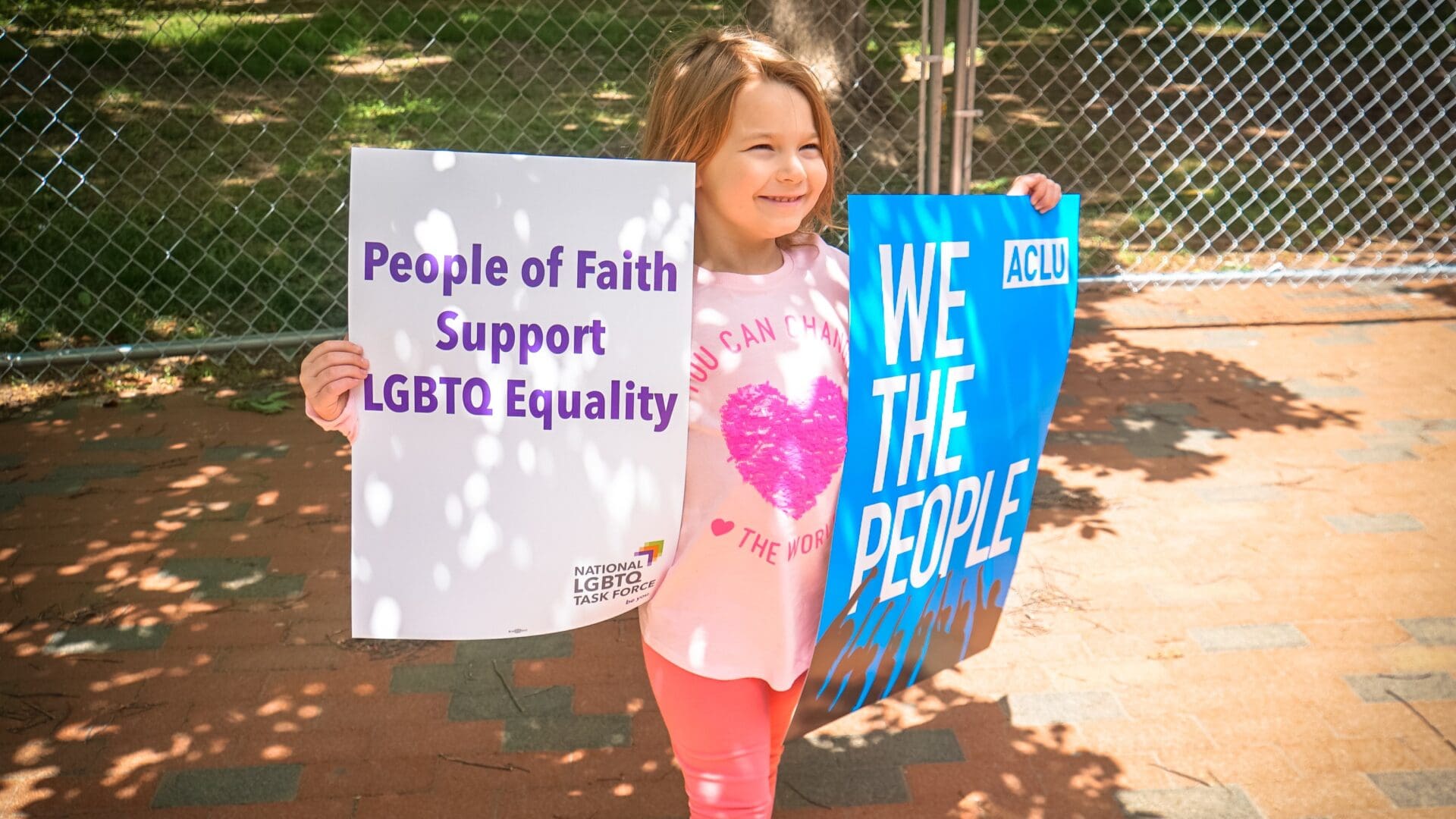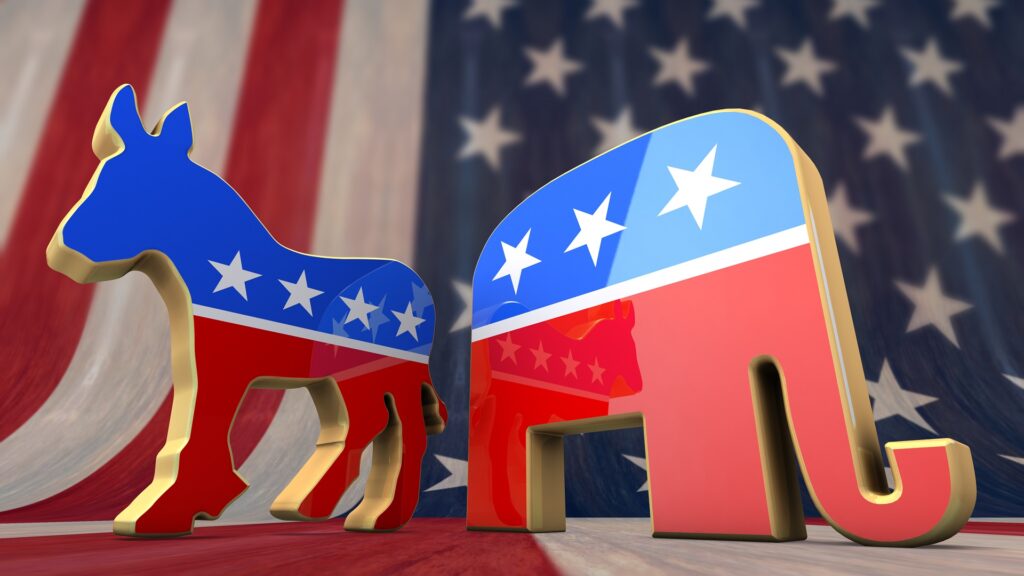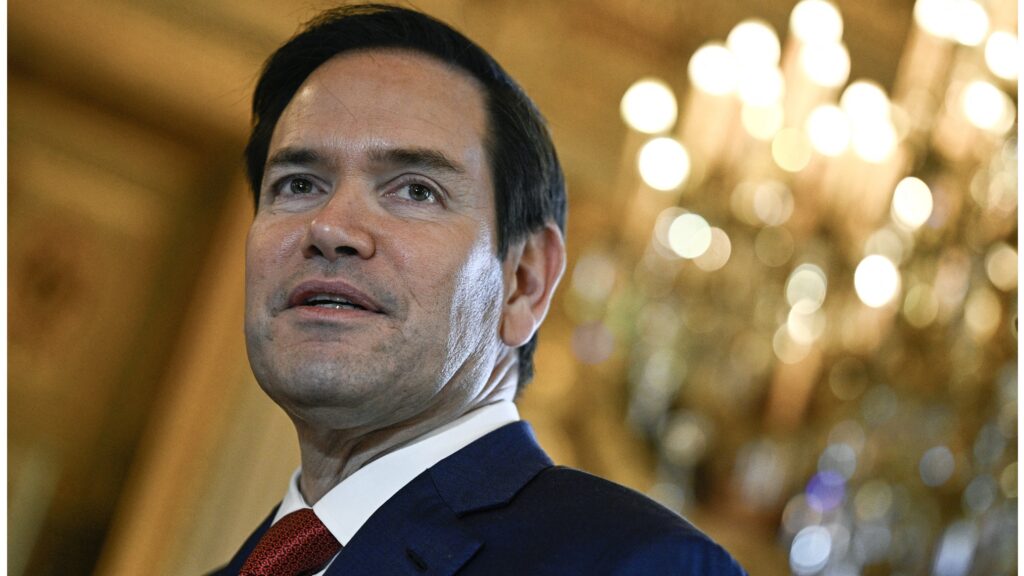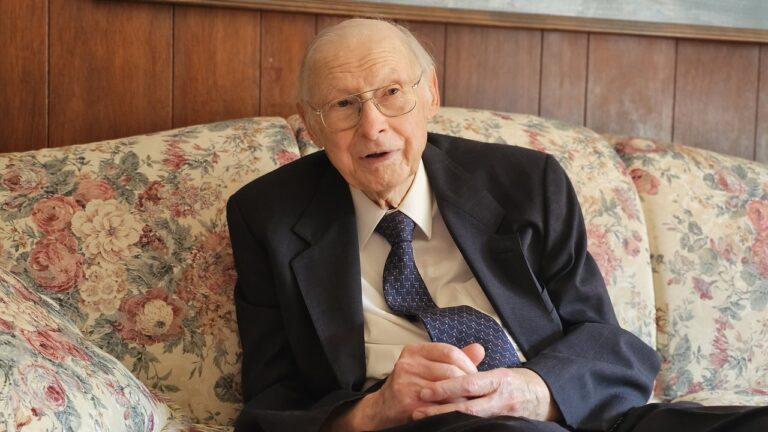The following is a translation of an interview written by Lénárd Sándor, originally published on Mandiner.hu on 7 February 2023.
An important characteristic of a free and democratic republic is an education that inspires young citizens to love their country, says Richard Samuelson, an Associate Professor of Government at Hillsdale College. Mandiner asked the historian about the challenges the United States has to face today. You can read the interview below.
Richard Samuelson is an Associate Professor of Government at Hillsdale College’s Washington, D.C., campus. Dr Samuelson is a historian of the American founding and of American politics and constitutional thought. He graduated from Bates College and received his MA and Ph.D. in American history from the University of Virginia. Dr Samuelson taught at California State University San Bernardino from 2007 to 2022. He was the 2009–2010 Garwood Visiting Fellow at Princeton University’s James Madison Program.
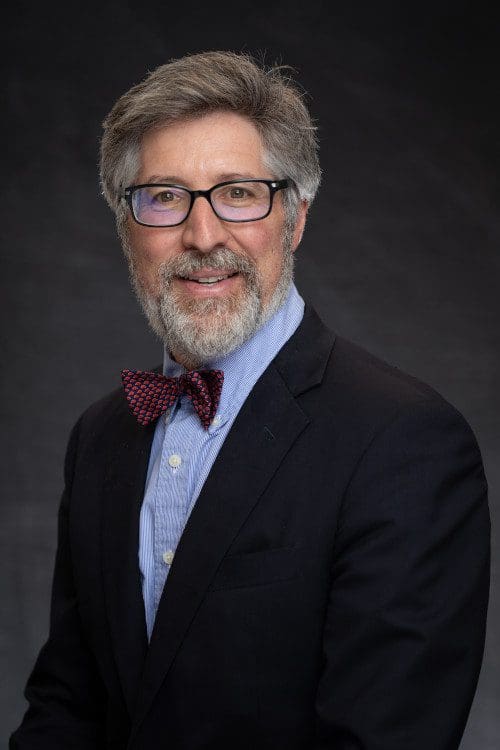
***
To Central Europeans who lived through the era of the regime change, the United States used to represent the ‘land of Elvis Presley’, the opportunities and freedom, where dreams can come true, and the very things they were short of behind the Iron Curtain. Something has, however, dramatically changed down the road and the United States is being transformed so that it is losing its appeal. What has changed in your view?
In his Farewell Address, President Reagan told a story about a US Navy ship rescuing a ‘leaky little boat’ full of Vietnamese boat people. Upon seeing an American sailor one of the refugees from Communism hollered at them: ‘Hello, American sailor. Hello, freedom man.’ Is that still America? Is that still how the world sees America? I hope so, but I fear it is less likely to be the case than it used to be. In the 1950s, the age of Elvis, when America was the ‘Land of Elvis’, things were different. Fighting the Cold War against Soviet Communism, America represented freedom to the nations under Soviet Socialist tyranny. Back at home, America was free for most people, but for black Americans (a bit more than 10 per cent of the population), it was not. Slavery was gone, but it had been replaced by Jim Crow—a set of laws and social customs that treated black Americans as second-class citizens, at best.
The argument I make in my recent essay in the Claremont Review of Books is that to attack the assault on the freedom and equality of black Americans, the United States adopted tactics which, however necessary they were in 1964, have morphed into a threat to American liberty and equality. America is a land of equality and freedom, perhaps I should say a land of equal freedom. By law and by social and cultural customs, both freedom and equality were denied to blacks. Hence federal law prohibited private entities from ‘discriminating’. In other words, they were no longer private, in the sense of having the right to decide who was in the room, or what they could or could not say. The Civil Rights Act of 1964 also made ‘sex’ a ‘protected class’. Fast forward nearly 60 years, and Jim Crow is long gone. That’s a good thing. But the Civil Rights Act remains, and what it is now doing is threatening our freedom and equality.
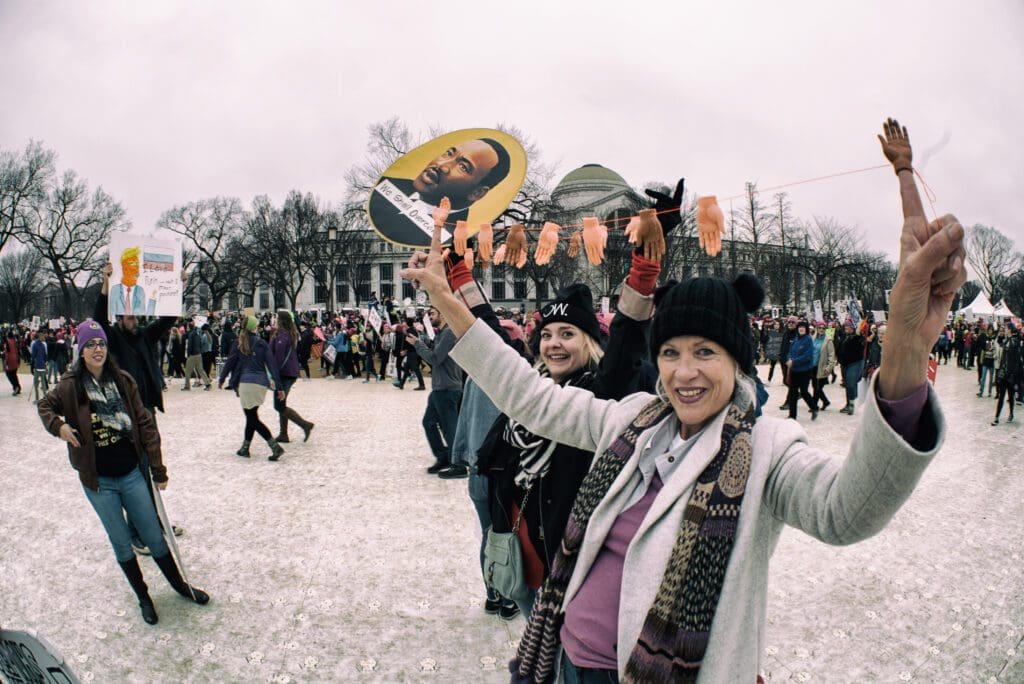
How has the so-called ‘civil rights culture’ transformed American politics and the attitude of the people?
Before 1964, Americans, as a rule, had a robust notion of ‘public’ and ‘private’ being separate things. To be private meant the right to decide whom one is associated with, and to decide what to say and do. In the name of civil rights, as noted above, we suspended that separation. That suspension is now threatening to become permanent. Sex discrimination (from the start) and sexuality (added since) are categories in the Civil Rights Act, which, together with the other categories, are associated with the extremely just cause of ending the Jim Crow era, thus they have a sacred status for many Americans. The trouble is that the regulation of sex and sexuality are, unlike race, inherently religious by their nature. The result is that the Civil Rights Act and the ‘civil rights culture’ that follows from it are fostering a set of governing doctrines that are hostile to the basic teachings of sexuality that have historically been part of Western culture, not to mention Judaism, Christianity, and Islam. Hence many Americans today, unlike in 1964, believe that when a Christian baker refuses to bake a cake for two men who are getting married under local law, he is no different from Bull Connor, who infamously attacked peaceful civil rights protestors in 1963.
So instead of safeguarding, the ‘civil rights culture’ undermines the fundamental social fabric of the United States?
In my recent essay in the Claremont Review of Books, I suggest that the difference between the civil rights movement that produced the Civil Rights Act of 1964 and today’s woke civil rights culture is comparable to the difference between the original Star Trek and the recent Broadway smash Hamilton. In the former, the officer corps consisted of men and women of various races and ethnicities, including Alien races, and in the latter, at least in the original staging, the basic divide is between the non-white men and women who portray the Americans and the only non-white on stage, King George III. In other words, the only white man is the enemy of the new American republic. In a similar way, in 1964 what the people supported was broadening American civil liberty to include black citizens who had been oppressed. In contrast, what civil rights culture has produced is a large bureaucracy dedicated to the idea that American culture is the problem. Ironically, that is an attack on the civilisation that fought and won the American Civil War, World War II, and the Cold War, and that passed the Civil Rights Act, too. The reason why securing rights for black Americans took so long is not that cultural change is difficult, but, according to the woke movement, that America is, at its heart, irredeemably racist. And as this point of view is now associated with the Civil Rights Act, it has tremendous cultural power.
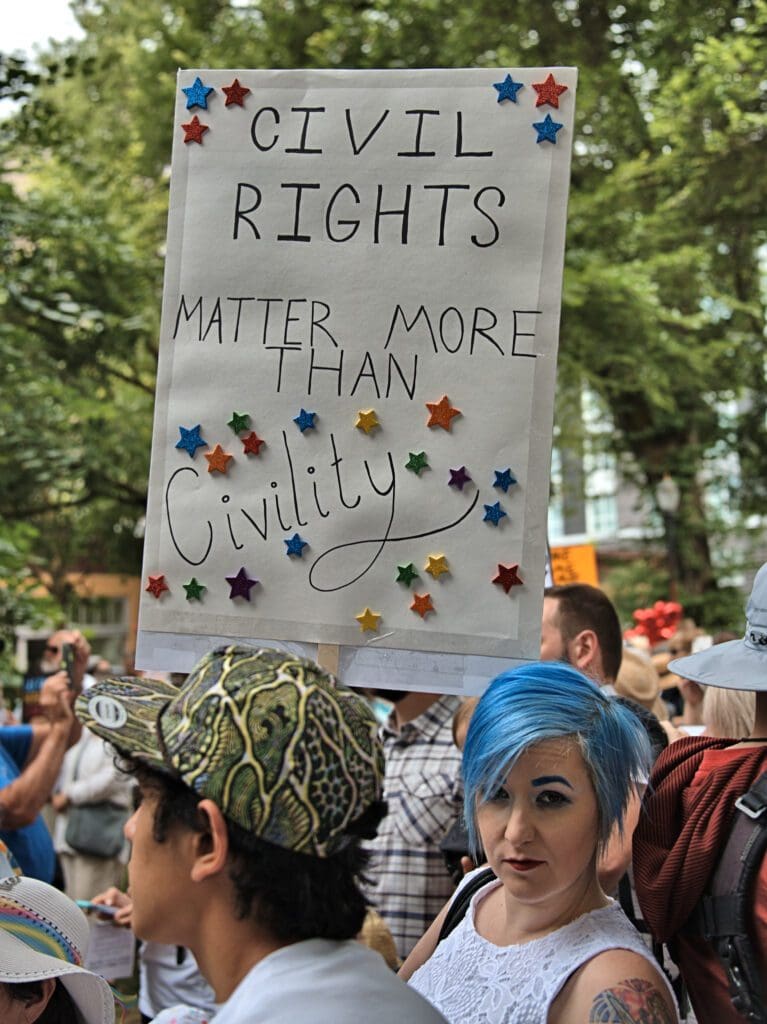
How does the rise of the ‘woke’ ideology divided societies in the US and erode the traditional ways of life?
The US has, for much of its history, featured high immigration. Immigration, however, has traditionally been followed by assimilation into the mainstream of American culture.
Nowadays, the official doctrine is that it is ‘racist’ to ask immigrants to assimilate into American culture.
Instead, we assimilate them to ‘minority’ identities, and, given the civil rights culture, these ‘non-white’ subcultures are assimilated to a self-image as oppressed people, rather than as free and equal Americans. In other words, they are assimilated into a very American kind of self-loathing.
In the words of David Goodheart’s formulation, we can witness a rift between the ‘Anywheres’ and the ‘Somewheres’ in the Western World. While the former have no longer real attachments to local communities, the latter insist on their roots and traditions. What is the importance of local communities and patriotism in preserving the values of Western societies?
Historically, the United States wasn’t really a ‘nation’ in that cultural identity was not what made an American ‘American’. To be an American was, at first, political, and only secondarily cultural and historical. In a parallel way, America did not, at the national level at least, really have a ‘state’ either. The result of the growth of a genuine American national state in the past 100 years or so has made it much more difficult for the US not to have a deep common cultural identity. Similarly, it also means, perhaps, that high immigration is much harder to square with the kind of nation America now is. America’s ‘Anywheres’ seek to reconcile that tension by assuming away the necessity of the nation state, and perhaps, of politics as it has been known across history. As we are both political and social by nature, that simply cannot work. The ‘Anywheres’, in fact, are residents of particular places, too. The polis they inhabit, at the highest levels at least, is in a relative handful of places. From these post-modern imperial centres (if I may call them that), they seek to fulfil the old dream of a universal empire. Given the history, the way to bet is that this project will fail, perhaps with a great deal of collateral damage.
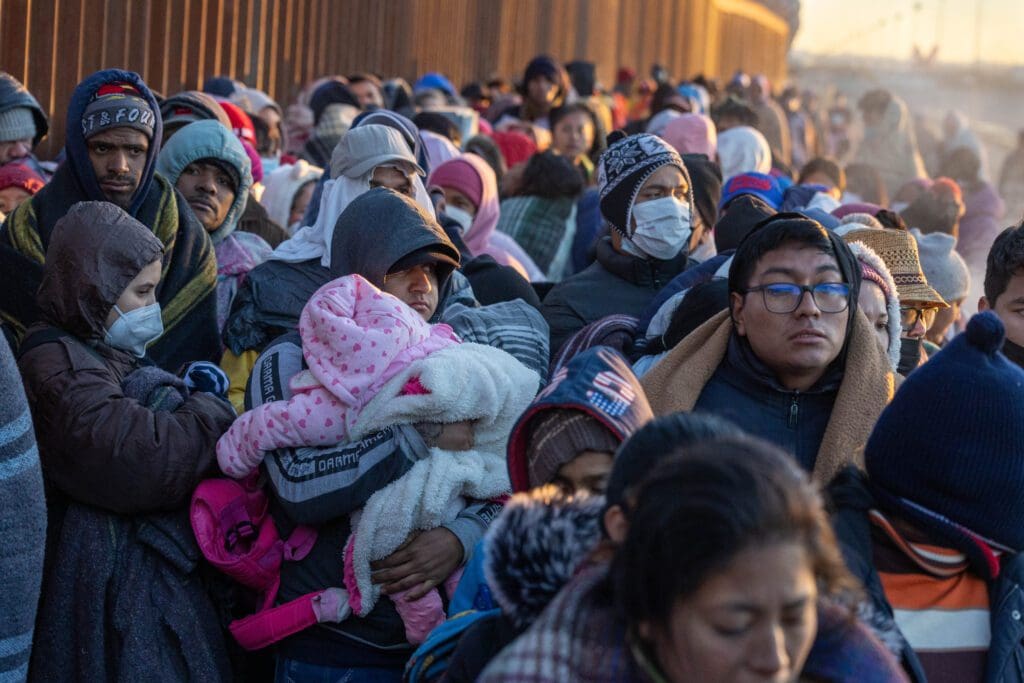
What virtues and attitudes would you consider essential in rediscovering the United States and its unique ways of life?
I would stress the importance of both democratic republican governance on one side, and civic participation in the democratic process on the other. In other words, we need a great deal more responsibility and authority in local and state governments, particularly in the branch the people elect.
However, the withering away of the legislative branch is a key aspect of the transnational project,
as it’s a necessary means of disconnecting state action from the realities of politics and from the regular consent of the people. But, and this is also essential, the kind of responsibilities the American liberty put on the individual citizen, in his private and public life, have historically been inseparable from the religious practice of the West. A free and democratic republic without an education that inspires young citizens to love their country and to desire to keep it worth loving on the one hand, and, on the other, raising such citizens without a serious religious education is unlikely to produce anything good or lasting. It is more likely to produce ingrates rather than virtuous citizens.
Click here to read the original article

